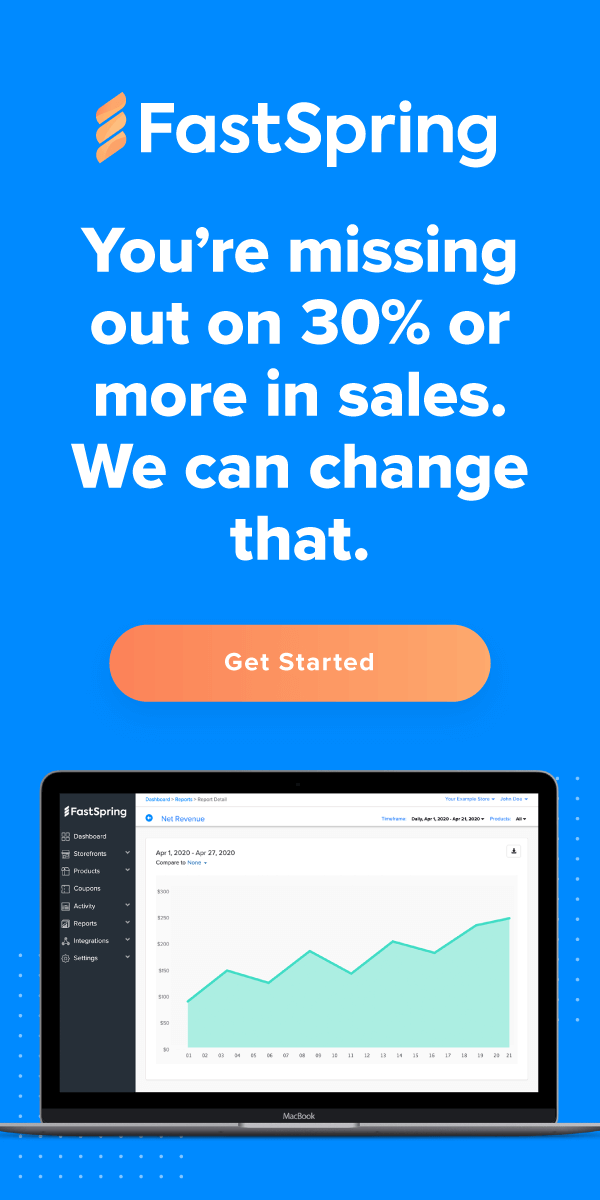On Tuesday, Sept. 6, a tentative settlement was reached in a class action lawsuit brought by 37 U.S. states against Alphabet’s Google.
Here are some key details about the case and what it could mean for businesses that sell a digital product via Google’s U.S. Play Store.
What is the Google antitrust lawsuit about?
In Utah v. Google, 37 attorneys general maintain that Google uses illegal, anticompetitive, and/or unfair business practices that restrict competition, drive up prices, and limit choices, all of which harm consumers that purchase games and other digital goods through the Google Play store.
Led by Utah Attorney General Sean D. Reyes, the suit alleges “exclusionary conduct relating to the Google Play Store for Android,” with actions such as shutting out other app distribution channels and requiring the use of Google Billing (with up to 30% commission to Google).
The suit is co-led by AGs in New York, North Carolina, and Tennessee, and the 37 total AGs represent 21 million consumers in the action.
What happened recently in the Google antitrust lawsuit?
A settlement has been announced, but details have not been released. The court still needs to approve the settlement, but parties to the settlement (including Utah’s AG) have asked that the scheduled Nov. 6 trial be canceled.
Google had denied wrongdoing and has not yet commented on this new development.
There is no current time frame on when details will be released, but since it is a class action lawsuit, the details will be made public once the case is fully settled.
What could this mean for game and app developers in the US or otherwise?
If the terms of the settlement include relaxing Google’s current Play Store restrictions and the requirement to use Google Billing, this could be a major win for app and game developers looking to diversify how they sell their apps by adopting cheaper, direct-to-consumer payment solutions like FastSpring.
According to a statement on Utah Attorney General Sean D. Reyes’ website, Google’s 30% commission “is much higher than the commission that consumers would pay if they had the ability to choose one of Google’s competitors instead.” The lawsuit says Google did not keep its promise to keep Android “open source” so that device manufacturers and app developers could create and develop apps without unnecessary restrictions.
We won’t know the full implications until the terms of the settlement are officially announced.
What about Apple?
You may already be familiar with Epic Games’ case against Apple regarding similar issues. After Epic encouraged its Fortnite users to use its own payment system by giving them discounts, both Apple and Google removed Fortnite from their app stores. Epic then sued both Apple and Google in separate cases.
This past April, a 9th Circuit U.S. Court of Appeals ruled on the Apple case with mixed results. They sided with Apple that their App Store does not violate federal antitrust laws, but they also agreed with a lower court’s ruling in favor of Epic, stating that Apple’s prohibition against allowing app devs from sending users to other non-App Store payment methods violated California’s Unfair Competition Law.
Epic petitioned the U.S. Supreme court to let the injunction take effect and force Apple to change its App Store practices, even though Apple is still appealing the decision. But in August, SCOTUS struck down Epic’s request, suggesting that changes may not be applied until appeals are completed.
Epic is not part of the Utah v. Google case, as they have their own case (with Match Group) against Google. But Epic’s CEO Tim Sweeney posted on social media that “If Google is ending its payments monopoly without imposing a Google Tax on third party transactions, we’ll settle and be Google’s friend in their new era.”
How does FastSpring help game developers with direct-to-consumer payments and subscriptions?
FastSpring enables game developers to get paid for direct purchases of games and in-game transactions without having to go through a larger marketplace, but with many of the benefits of using a marketplace — for a much lower cost in many cases. Additionally, unlike payments through app stores, game and app developers using FastSpring get access to their customers’ contact and other relevant information for support, email marketing, or other services, and there are no caps on the maximum app or game price with FastSpring.
By using a merchant of record, you get many of the benefits of selling in an app store without all the fees. FastSpring provides global payment processing, payment localization, automatic sales taxes and VAT management, subscription management tools, tech support for you, payments support for your users, and more.
Plus, our services are coupled with a platform that offers our JavaScript Store Builder Library to get you up and running to quickly integrate FastSpring into your app or game.
Visit our game monetization page to learn more about how FastSpring supports game developers.
Ready to see the platform for yourself? Sign up for a free account here.
More Information
The Utah Attorney General’s website hosts additional resources related to this case.
![[Customer Story] Why TestDome Considers FastSpring a Real Partner](https://fastspring.com/wp-content/themes/fastspring-bamboo/images/promotional/2023/FastSpring-TestDome-blog-thumbnail.jpg)




